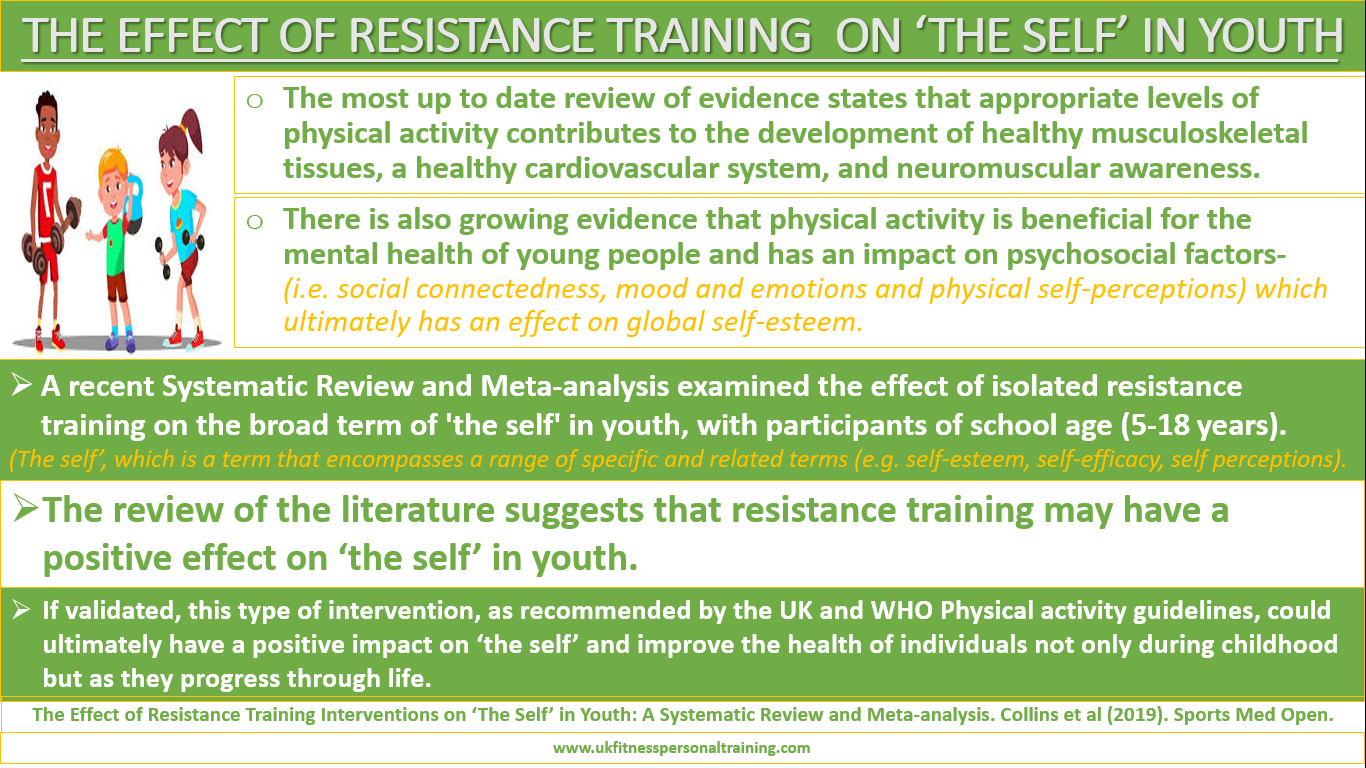|
Intermitting fasting (IF) 16/8 I am off on holiday in a couple of weeks and looking to drop a bit of body fat so experimenting with some intermitting fasting. I have been in discussion with a couple of people regarding IF and it is clear there are some misconceptions and myths surrounding about IF, hopefully I can help clear some up. I am using 16/8 protocol, where you fast for 16 hours (including sleep) and then for an 8-hour window then eat in an 8-hour window. (There are other protocols that can be used such as alternate day fasting, warrior diet [20/8 fast] and 5:2 diet [very low calories for 2 days]. Intermitting fasting (IF) 16/8 I use the 16/8 as I find it the easiest and most suited to my lifestyle. I start the fast around 4 or 5 pm then will eat again around 8 to 10 am again in the morning. I usually work late in the evening so skipping a meal or snack then is no big deal for me. I use it to fit in with my lifestyle and won’t get to hung up if I do eat an hour or so out of the fasting windows. The big thing for me is because it shortens my eating window and allowing me to reduce calories. This allows me to do is cut back on a meal or 2 per day saving me around 400-600 calories per day without feeling hungry. People can play about with the fasting periods to suit you, your preference and lifestyle they don't have to be ridged. Like most diet plans there is nothing magical about IF, the reason I am doing it as I find it the easiest way for me to cut back on calories. To drop body fat, we must create an energy deficit. This is where I come around to myth 1. 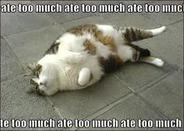 Myth1 During the eating window you can eat what you like. Now the media are largely to blame for this myth. I have seen articles that say eat what you like and drop weight and lose body fat. Diet plans consisting of “junk food” during the eating window or eat as much as you like or what or how much you like in the eating window. The thing to be careful about is if you want to lose weight you still must be in an overall calorie deficit. If you go and eat nothing but sweets pizzas and junk food it will be very easy to still be in an overall calorie surplus. Like anything it is very easy for people to take things to extremes. The eating window isn’t an opportunity for you to try and cram as much crap as you can down your gob. I am still making sure that the majority of my calories come from meat, veggies, fruit, dairy and starchy carbs. 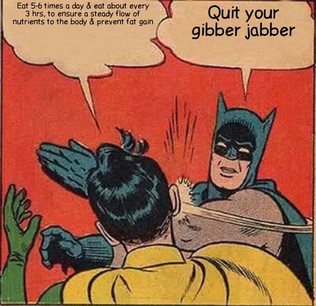 Myth 2 You need to eat little and often to lose body fat effectively. This is an area where there is many myths and misconceptions. The general idea is that a high meal frequency has a big metabolic benefit and that you must eat this frequently for optimal health and fat loss. The idea often stems from the idea that eating more frequently stokes the metabolism, based on the thermic effect of food (TEF) and slight increase in metabolic rate that does occur with eating. However, meal frequency does not affect total TEF, it is related to the amount of food eaten during a meal A literature review by the International Society of Sports Nutrition found that most, but not all the existing research, fails to support the effectiveness of increased meal frequency on the thermic effect of food, resting metabolic rate, and total energy expenditure. 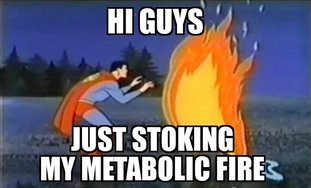 Myth 3- You need to eat regularly or it will slow down your metabolism/ your body goes into starvation mode. Again, this probably comes from a misunderstanding of Thermal Effect of Food (TEF). Look at it this way. In an evolutionary sense thinking your body goes into starvation mode if you skip a meal or 2 is ludicrous. If that was the case as a species we would struggle! Efficient adaptation to famine was important for survival during rough times in our evolution. Our bodies will adapt to times of starvation and lower metabolic rate accordingly but skipping a meal or 2 is not starvation! Starvation is starvation not going a little hungry, it would take a few days of total starvation for our metabolic rate to begin to slow. A single meal means nothing and even a single day without food won’t noticeably affect anything 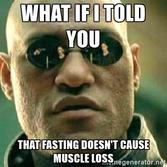 Myth 4- You will lose muscle mass if you skip meals. Research has not supported the idea that small, frequent meals are necessary for preserving muscle mass. A recent study sought to investigate the effects of a modified IF protocol during resistance training in healthy resistance-trained males Thirty four resistance trained males were randomly assigned to time-restricted feeding or normal diet group. Subjects were tested before and after 8 weeks of the assigned diet and standardized resistance training program and groups were matched for kilocalories consumed and macronutrient distribution. The results from this study suggested that an intermittent fasting program in which all calories are consumed in an 8-h window each day, in conjunction with resistance training, could
It is a well held belief that eating more frequently can increase fat loss or spare the loss of lean body mass while dieting. This is more probable for cases of extreme dieting (again not skipping a snack or meal). But if there is a high enough protein intake this will help spare the loss of lean body mass.  Practical application........ Like any other diet plan, it is highly individual, I am not necessarily promoting Intermitting fasting, it like tools in a tool box. It may work or may not work for you.
This is just a little experiment of mine on myself. For me it is an effective option as I am the type of person who prefers larger meals so I can split my calorie intake accordingly. My own little weight loss journey. That's me now lost just over 10kg from when I was at my heaviest. Gone from over 73kg to under 63kg. Today I weighed in at 62.6kg- the lightest I can remember I have been in I don't know how long (even with a big blow out couple of weeks ago). Was up to over 73kg a couple of years back during my "bulking phase". Picture on left me today and picture on right when I was in the 70 kgs. It has taken time the weight has fluctuated up and down ...and have been sitting around 66kg mark mainly. Weight loss due to making better food choices, a little tracking now and again to see if I am on right track and more activity (ground breaking stuff🤔). Last few weeks been experimenting with 16/8 Intermittent fasting and dropped a little more weight. (Ps I know not great before and after pictures, as never planned before and after shots. That over 70kg pic is all I had 😶) References • International Society of Sports Nutrition position stand: meal frequency. La Bounty et al; licensee BioMed Central Ltd. 2011 • Effects of eight weeks of time-restricted feeding (16/8) on basal metabolism, maximal strength, body composition, inflammation, and cardiovascular risk factors in resistance-trained males. Moro et al (2016). J Transl Med. 2016 Oct 13;14(1):290 • Ramadan model of intermittent fasting for 28 d had no major effect on body composition, glucose metabolism, or cognitive functions in healthy lean men. Harder-Lauridsen (2017) Jamie Miller Personal Training
UK Fitness Personal Training Aberdeen
0 Comments
Leave a Reply. |
AuthorJamie Miller Categories
All
Archives
March 2021
|
LocationUK Fitness Personal Training
Personal Training Aberdeen
Aberdeen Fitness & Combat Centre.
Unit 1B, Berryden Retail Park Aberdeen AB25 3SA Can't come to Aberdeen to train 1-1?
Why not try online personal training? |
|

 RSS Feed
RSS Feed

